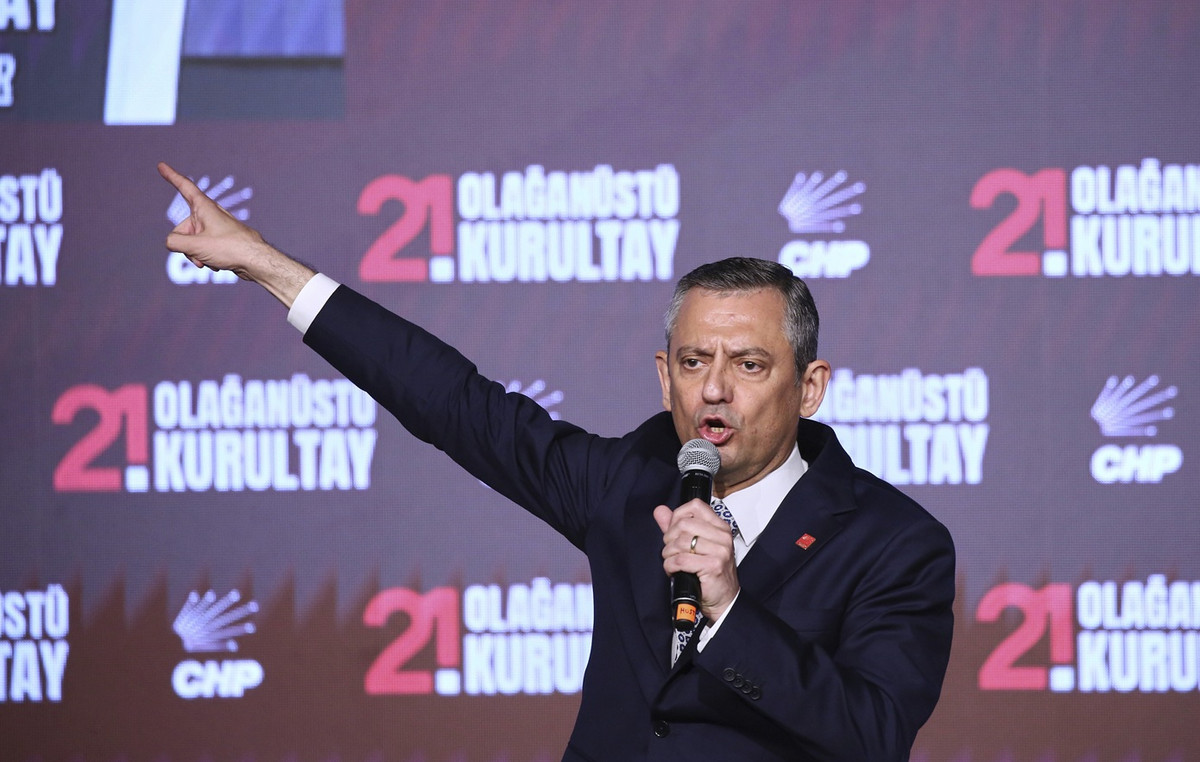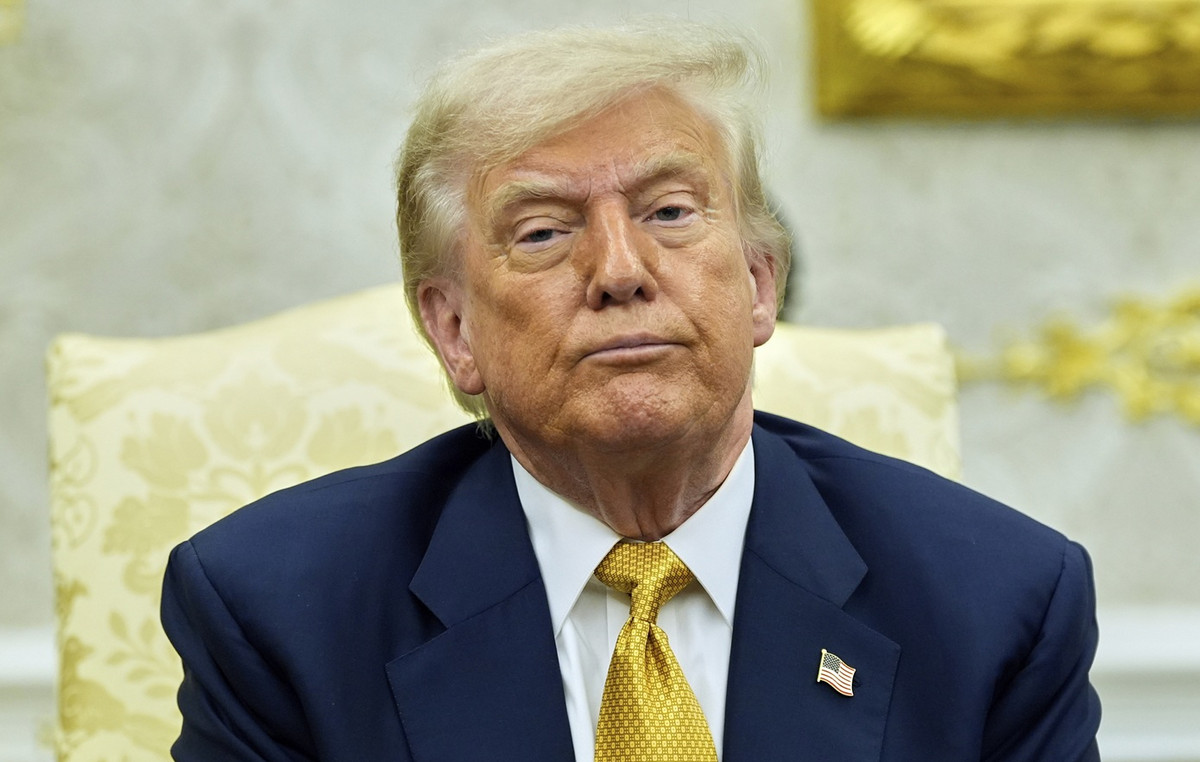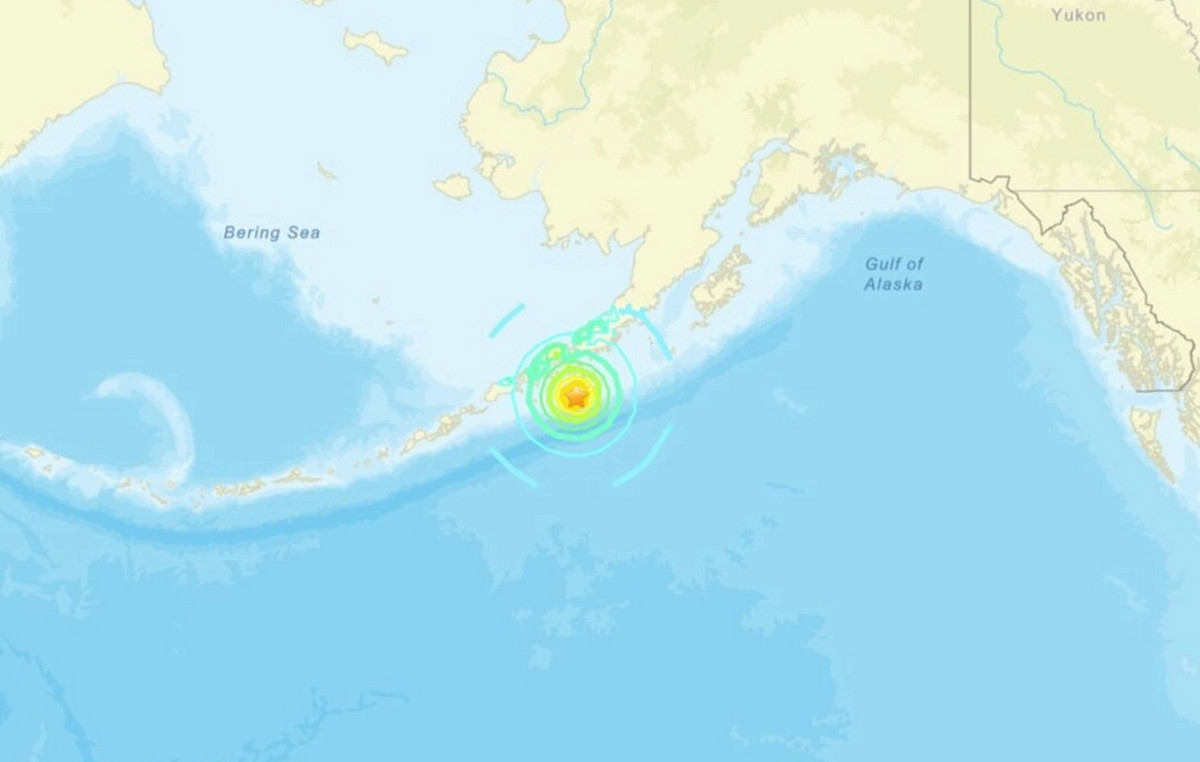With just over 24 hours before the COP26 climate summit ends, almost everything is ready.
A new version of the draft agreement text is expected to be published sometime later this Thursday night (11), but COP26 President Alok Sharma has made it clear that the talks are far from over — so don’t be surprised if they continue past the deadline.
Here is what happened at the meeting this Thursday (11), the penultimate one at COP26.
uncertain questions
UN Climate Summit chairperson Sharma is pushing hard for the next Glasgow deal to be solid, knowing full well that history will judge the summit on the basis of the final text. Speaking to delegates on Thursday, he said he was concerned about the number of issues not yet agreed upon.
“I know how hard you all are working. But today should represent another gear change, when negotiators complete the excellent technical work, and ministers increase their commitment,” he told delegates. “And I remind colleagues, COP26 is scheduled to close by the end of tomorrow.”
The first iteration of the draft agreement was published on Wednesday (10th), and it didn’t go too well with many climate experts and advocacy groups, who criticized it as vague and not ambitious enough — and that was before US negotiators some of the largest fossil fuel producing countries have stepped up efforts to try to mitigate it.
Climate finance — getting rich countries to help developing nations reduce emissions and adapt — is becoming a major sticking point, with Sharma urging delegates to find common ground.
“Our leaders were clear at the beginning of the summit. They want us to show ambition and build consensus, but we still see that in the finance rooms we are struggling to make progress even with some routine technical issues. This, my friends, cannot be the case today,” said Sharma.
Struggle of developing countries
A group of nations known as Developing Countries with Like Minds (LMDC), which includes China and India, has called for the entire section on climate change mitigation to be removed from the draft COP26 text, in a sign of struggle which remains one day before the end of negotiations.
The mitigation section in the draft includes language on reducing greenhouse gas emissions enough to limit global warming to 1.5 degrees Celsius above pre-industrial levels, as opposed to the 2 degrees Celsius upper limit of the Agreement. Paris. It also encourages countries to accelerate updates to their emissions commitments by the end of 2022.
Bolivia’s chief negotiator, Diego Pacheco, who represents the LMDC group, said on Thursday (11) that countries felt that the developed world was trying to transfer its responsibilities for the climate crisis to the developing world.
“We request that the presidency completely remove the section on mitigation,” Pacheco said at a news conference in Glasgow. The LMDC group does not believe that developing countries should have the same emissions deadlines and ambitions as rich nations.
Some civil society groups at the conference criticized the LMDC’s stance, calling it a deliberately exaggerated request to gain traction in the negotiations.
The suggestion to delete the mitigation section “is clearly a punch in the face of people suffering from the climate crisis,” said Teresa Anderson, spokeswoman for the Climate Action Network.
Frans Timmermans, the vice president of the European Union Commission, derided the demand as illogical.
“I’m trying to follow the logic of that position,” he said, acknowledging that he understood the demands of developing nations for more money to adapt to the climate crisis.
“So let’s remove this mitigation — there is no amount of money on the planet, there is no big technical solution to adaptation good enough to get us where we need to be in adaptation if we don’t do mitigation. See what’s going on with 1.1 degree right now. Imagine we shot through two degrees and two and a half degrees. What are you going to do in the adaptation?”, he asked.
Alliance to Eliminate Fossil Fuel
Costa Rica and Denmark officially launched the “Alliance Beyond Oil and Gas” this Thursday (11). The group includes France, Sweden, Ireland, Wales, Greenland and Quebec, while California, Portugal and New Zealand have joined as associate members, and Italy has expressed its support for the group.
Denmark’s Climate Minister Dan Jorgensen said all members of the group have pledged to end all new concessions, licensing and leasing of oil and gas projects, and have also pledged to set a Paris-aligned date to end the production and exploration of oil and gas.
The UK, which is hosting the climate conference and leading many of the deals announced over the past two weeks, has not joined the alliance.
Jorgensen said that some of the countries that joined have significant oil and gas production and reserves. He said that one of the main objectives of the alliance is to put the end of oil and gas exploration and drilling on the agenda.
“How can you defend yourself from wanting to be carbon neutral by 2050,” Jorgensen asked, “but still wanting to produce oil and gas and sell it to others? This, in our opinion, makes no sense.”
Carbon Market Negotiations
The COP26 presidency is still pressing for an agreement on the details of Article 6 of the Paris Agreement, which establishes the need for carbon markets. Previous COPs have failed to reach a consensus on the rules that should govern emissions trading, and the Glasgow talks are proving to be just as difficult.
The idea is that countries struggling to meet their emissions-cutting targets can, in the future, buy emission reductions from countries that have already cut their pollution levels more than they committed to.
But there are some key points, like avoiding double counting and preventing the world’s biggest polluters from relying on emissions trading instead of focusing on real reductions. Some developing countries also argued for taxing markets, saying the resources should go to climate finance.
Indigenous peoples groups have campaigned for any agreement that includes strict human rights protections and provisions that protect their lands.
Some countries are moving forward on this issue: Switzerland announced on Thursday that it has reached an emissions trading agreement with several countries, including Peru, Ghana, Senegal, Georgia, Vanuatu and Dominica.
US rejects climate repairs
The US does not support the creation of a damages compensation fund, an idea being promoted at COP26 by developing countries and minors particularly vulnerable to the impacts of climate change, a senior US official told reporters.
Vulnerable countries argue that rich countries are historically most responsible for climate change. Some nations on the frontlines of the crisis think that countries that have polluted the most should be held accountable and even pay reparations.
While the US signed a recent statement by a group of 61 countries known as the “High Ambition Coalition” that agreed to increase resources for particularly vulnerable countries, the senior official said the US still has many doubts about how this would work in practice.
*This text has been translated. I clicked here to read the original in english
*With information from Ingrid Formanek of CNN International
Reference: CNN Brasil
I’m James Harper, a highly experienced and accomplished news writer for World Stock Market. I have been writing in the Politics section of the website for over five years, providing readers with up-to-date and insightful information about current events in politics. My work is widely read and respected by many industry professionals as well as laymen.







